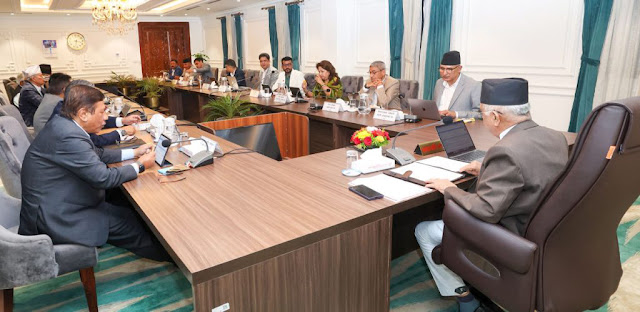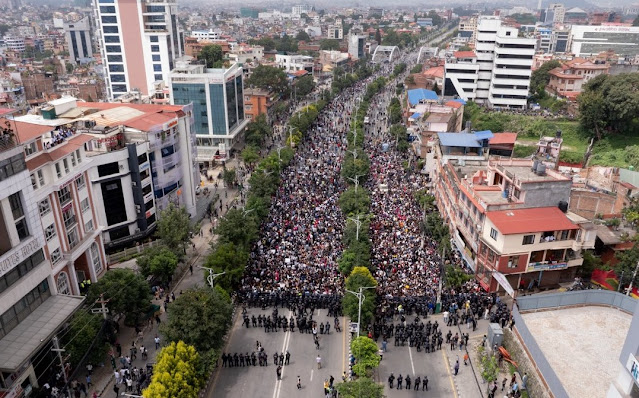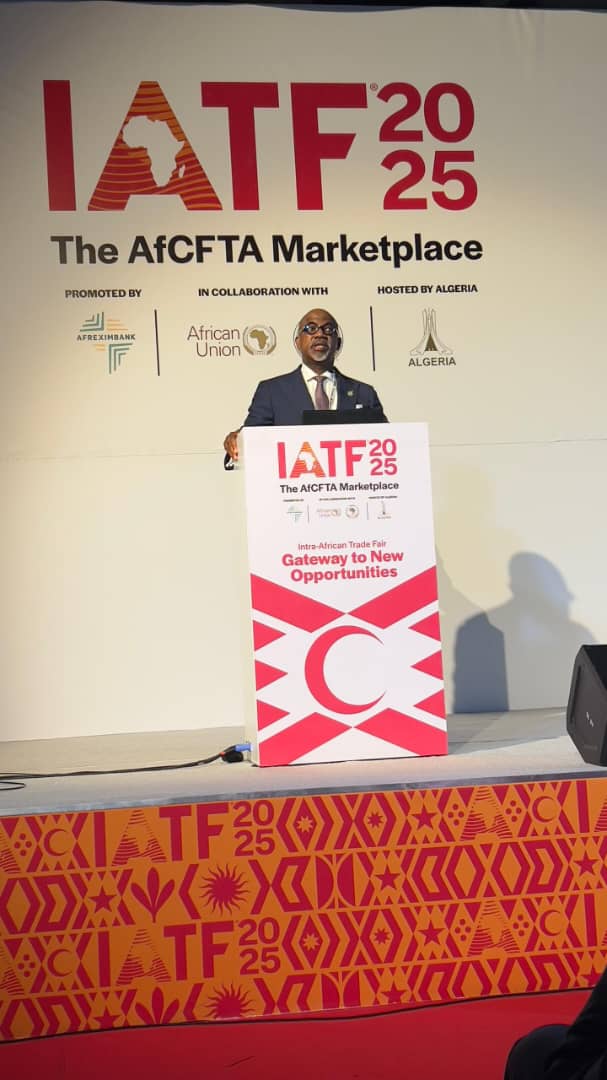The Week | July 21, 2025 : The Pakistan Senate has officially abolished the death penalty for the public stripping of women, opting instead for life imprisonment as the maximum punishment. The same amendment also removes capital punishment for individuals who knowingly harbor hijackers.
These changes are part of a broader legislative effort to bring Pakistan’s penal laws in line with international human rights standards, particularly those required under the European Union’s Generalized Scheme of Preferences Plus (GSP+) trade agreement. One of the EU’s conditions under GSP+ is that the death penalty be reserved for only the most serious offenses, generally limited to intentional killing.
Previously, Section 354-A of Pakistan’s Penal Code allowed for the death penalty or life imprisonment for anyone who assaults and strips a woman in public. Similarly, Section 402-C extended the same punishment to those who shelter hijackers.
The decision was met with strong resistance from members of the Opposition, especially the Pakistan Tehreek-e-Insaf (PTI). PTI Senator Barrister Syed Ali Zafar argued passionately that stripping a woman in public is no less severe than murder, claiming the removal of the death penalty weakens deterrence and undermines justice.
The Balochistan Awami Party also voiced its concerns. Senator Samina Mumtaz Zehri said the softening of punishment “could embolden offenders, especially when the conviction rate in such cases remains alarmingly low. This is not right. This is not going to help the country or its women.”
However, human rights groups have broadly welcomed the reforms. Mahnaz Rahman, a veteran women’s rights activist and former executive director of the Aurat Foundation, acknowledged the gravity of the crime but maintained her opposition to capital punishment.
“Publicly stripping women of their clothes is one of the most heinous crimes and must be met with the harshest punishment,” she told Arab News. “While we strongly advocate for severe punishments for such acts, we do not support the death penalty for any crime, including this one.”
The legal reforms highlight Pakistan’s ongoing struggle to balance demands for human rights compliance with domestic calls for stringent justice, particularly in crimes involving gender-based violence.








